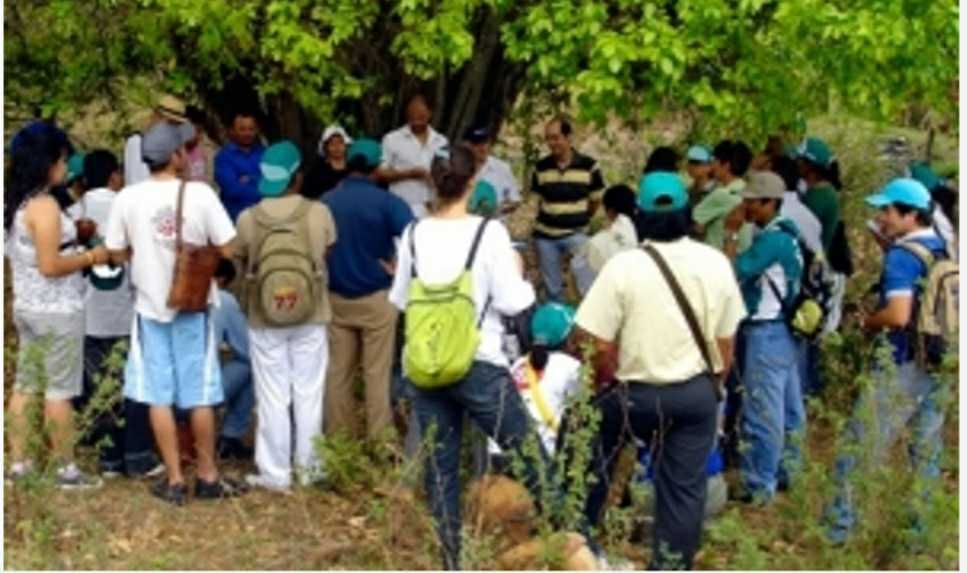
The COVID-19 pandemic has hit Latin America and the Caribbean with particular intensity. Millions of people have lost their lives or livelihoods and extreme poverty has increased between 3.6 and 4.8 percent. But even before the spread of the new coronavirus, the region was already at a crossroads. According to the Food and Agriculture Organization of the United Nations (FAO), from 2014 onwards, hunger grew in this region by 13 million people, with more than 62 million now living in severe food insecurity, while overweight and obesity affects 262 million (almost 40% of the population).
Governments and private actors, especially farmers, have made heroic efforts to ensure that the food supply does not stop amid the pandemic. There are millions of people whose access to food has decreased, but this is mostly due to lack of income and not to the lack of food in the markets. Many families have reduced the quality of their diets, ceasing to buy healthier foods, which, paradoxically, tend to be more expensive. We must ensure that people living in poverty receive the support of social protection systems so that they can eat healthy diets.
To support countries, FAO has launched a new comprehensive COVID-19 Response and Recovery Program, which aims to mitigate the immediate impacts of the pandemic and strengthen the resilience of food systems and livelihoods in the long term. Its priority areas seek to improve data for decision-making, ensure economic inclusion and social protection to reduce poverty, strengthen trade and food security standards, boost the resilience of smallholder farmers, prevent zoonotic pandemics, and ultimately drive the transformation of food systems to make them more resilient, sustainable and equitable.
One element is key in this process: Innovation. We must adopt innovative approaches and apply modern science and technology when facing new situations and challenges. This requires innovation of the mindset, innovation of business and cooperation models, and particularly innovation of application by digitalization.
The Latin America and Caribbean region can take a huge leap towards digitizing its agriculture and food trade, improving the connectivity of rural areas and the capacities of small and medium producers to take advantage of the ongoing technological revolution. Digitalization and communication technologies have the potential to reduce costs, open access to markets, improve services, and create new job opportunities and help save resources.
We need to make the most of the digital age through innovative partnerships with national governments, farmers, the private sector, the scientific world, NGOs, and many other actors. Agri-food systems can become more resilient through the use of sensors in the field, artificial intelligence and Big Data applications, the use of drones, biotechnology and satellite mapping – or with improvements available to everyone, such as e-commerce and phone applications that bring producers and consumers closer together, or track, for example, cross-border pest outbreaks, such as the eLocust3 app.
FAO has been working towards the implementation of the International Platform for Digital Food and Agriculture, with the objectives of advising governments and other relevant actors, driving the exchange of ideas and experiences, and helping everyone harness the opportunities presented by digitalization.
Another key factor is to leave no one behind and to place a priority emphasis on countries and areas most affected in terms of hunger and poverty levels: this is what the Hand-in-Hand Initiative is focusing on. It aims to accelerate agricultural transformation and sustainable rural development based on data and information. The Initiative counts on state-of-the-art technologies, such as the Hand-in-Hand Geospatial Platform, which delivers key information for decision-making, and the Data Laboratory for Statistical Innovation, which combines unconventional data sources, big data, artificial intelligence, and data science for decision-making and impact evaluation.
But all these innovations, changes and transformations require political willingness, agreements and collaboration between countries. The next FAO Regional Conference for Latin America and the Caribbean, which is taking place virtually from October 19 to 21, is a timely and historic occasion to galvanize all regional efforts.
FAO invites all its Members and partners to work hand in hand to build a better future, one in which food and agriculture are synonymous with innovation, progress, social inclusion, sustainability and resilience.
Photo Caption:QU Dongyu, Director-General of the UN Food and Agriculture Organization






